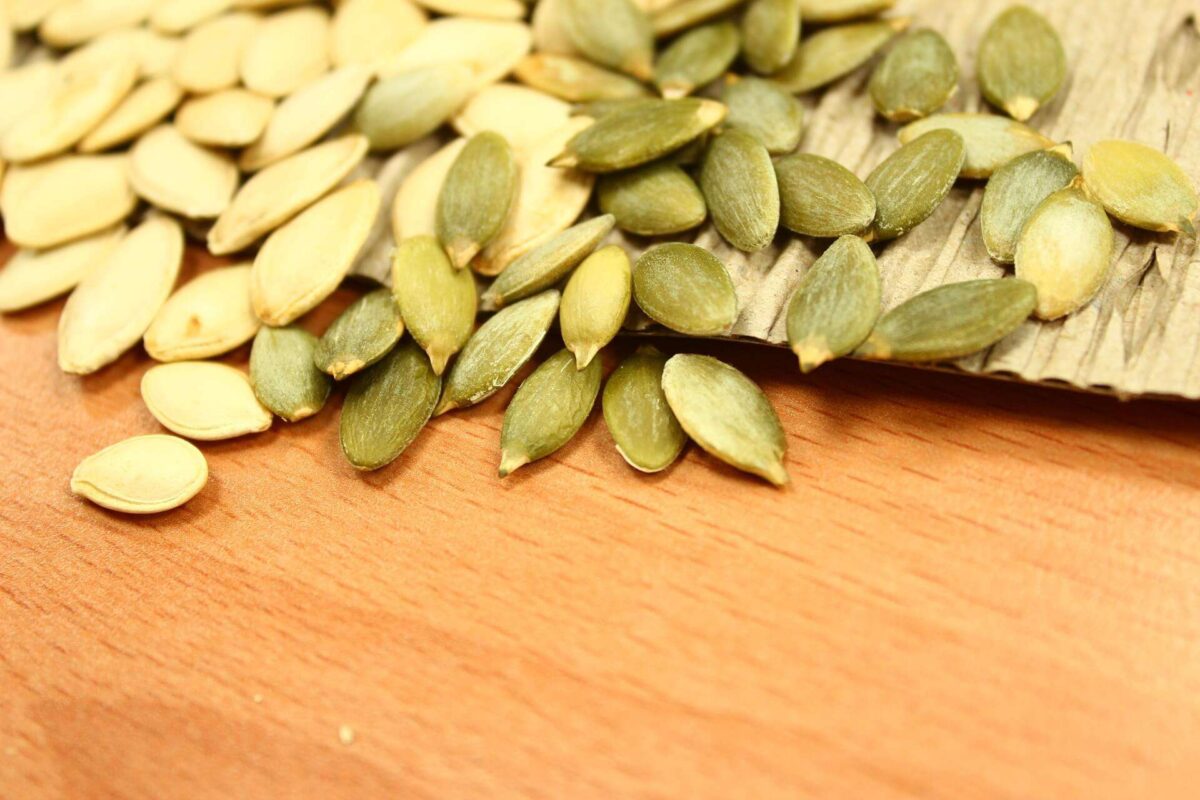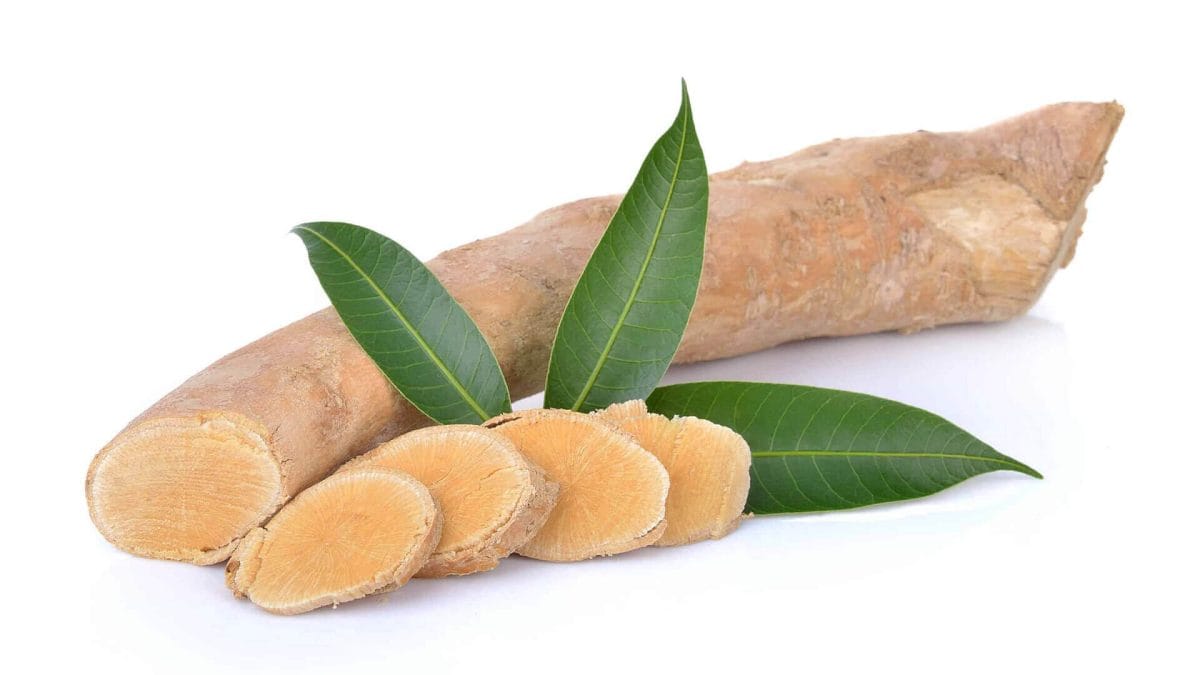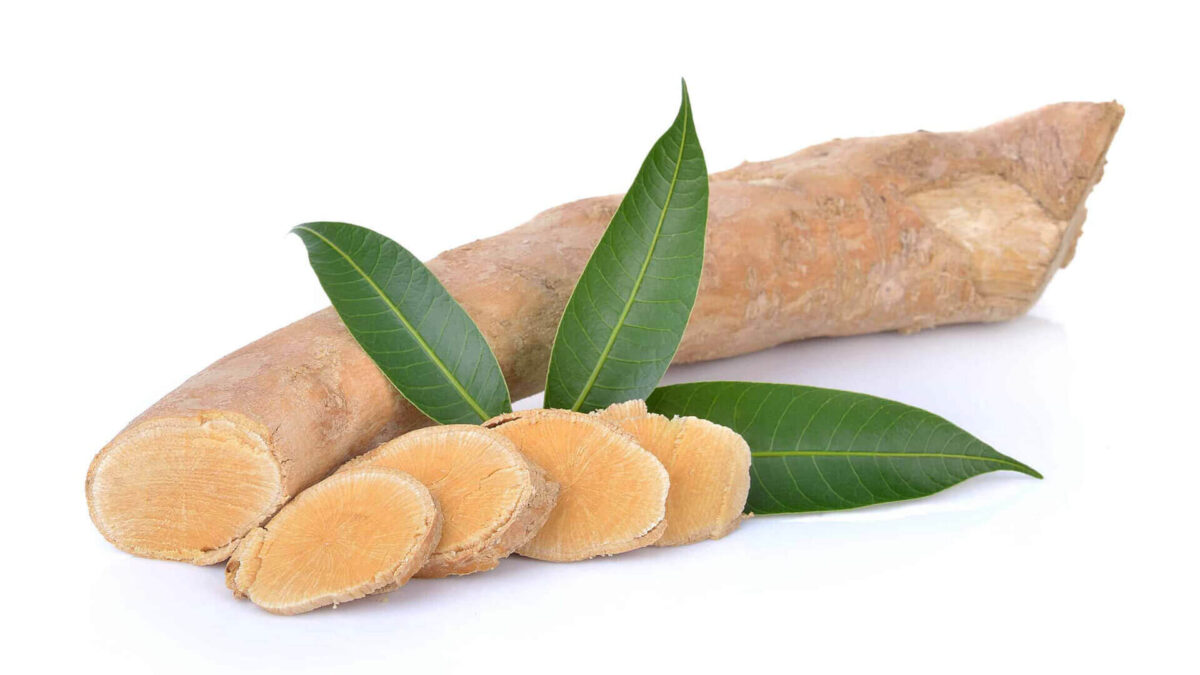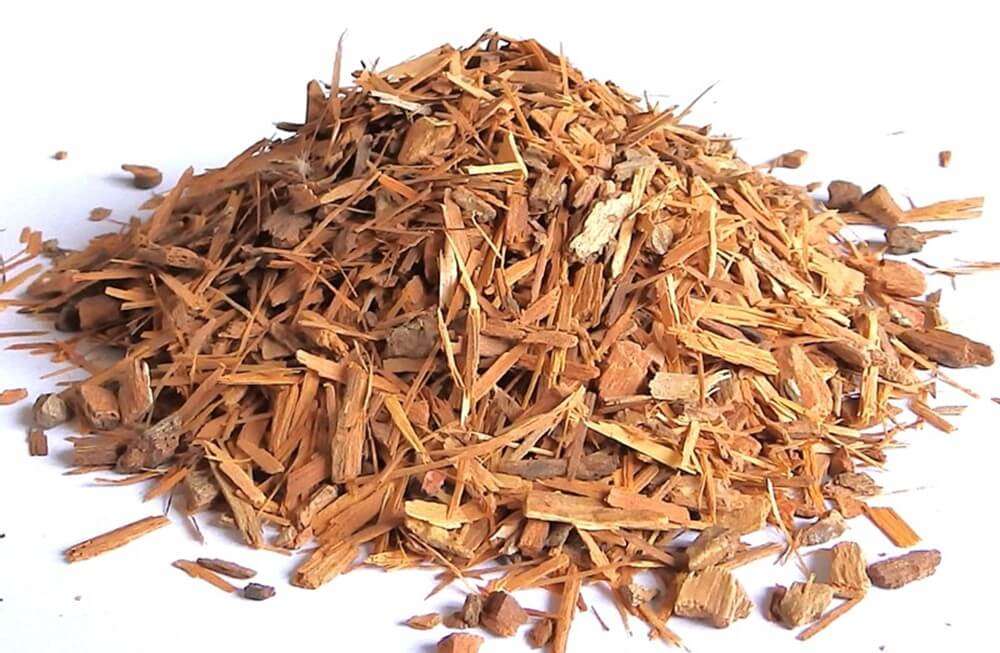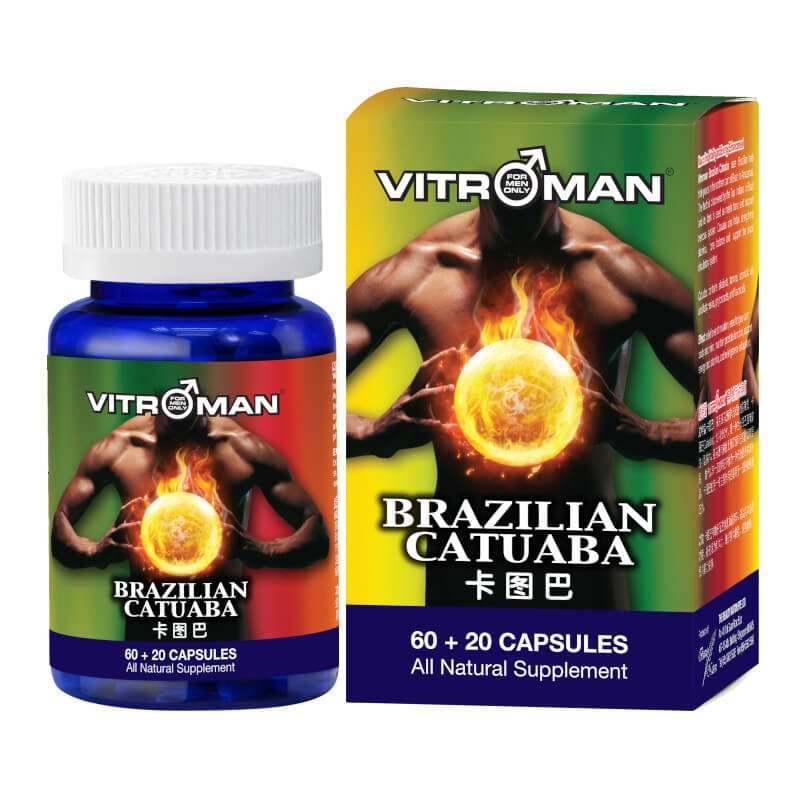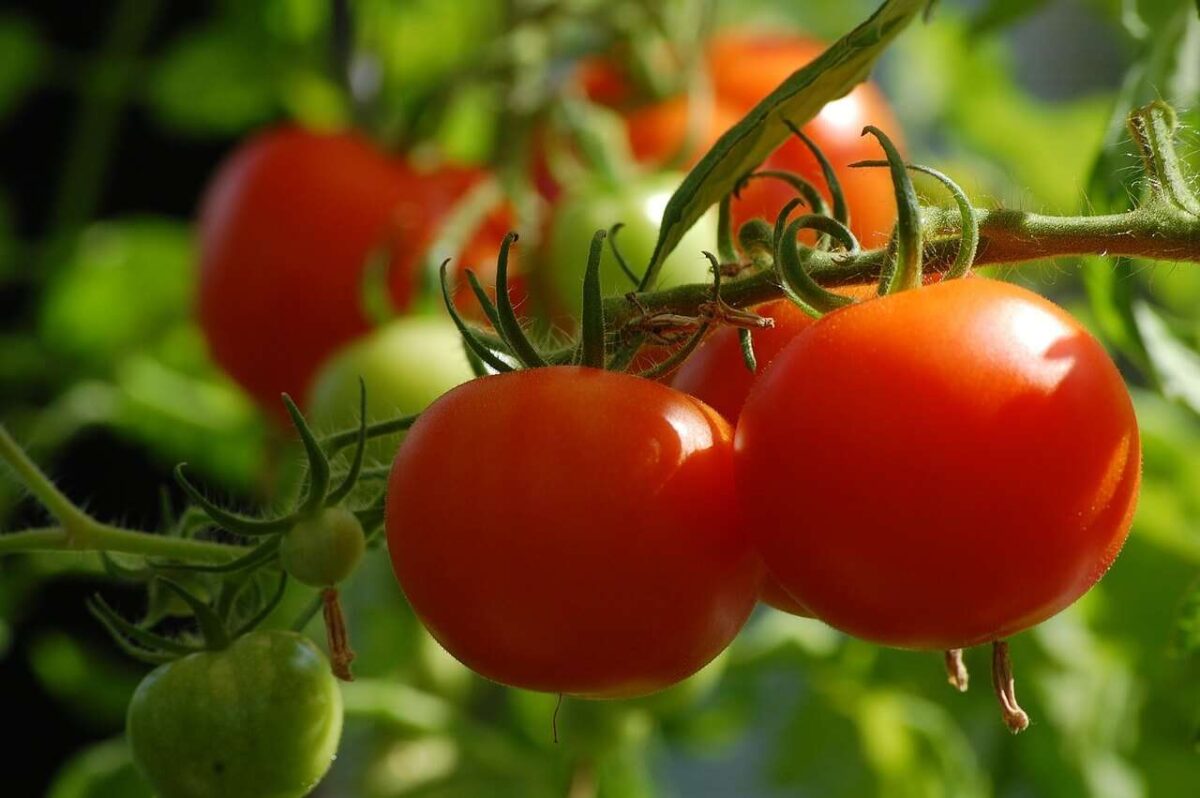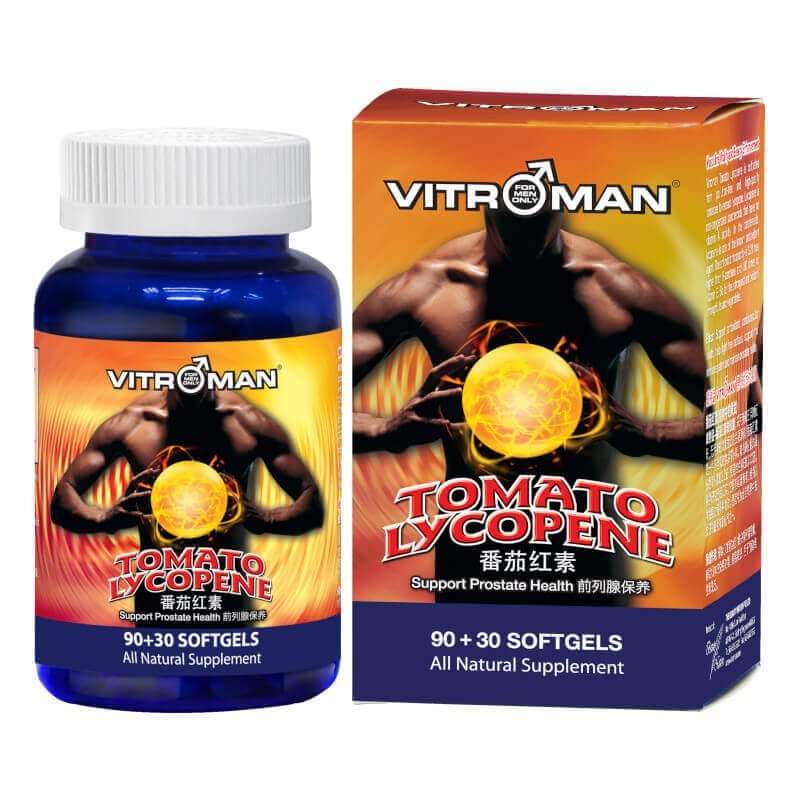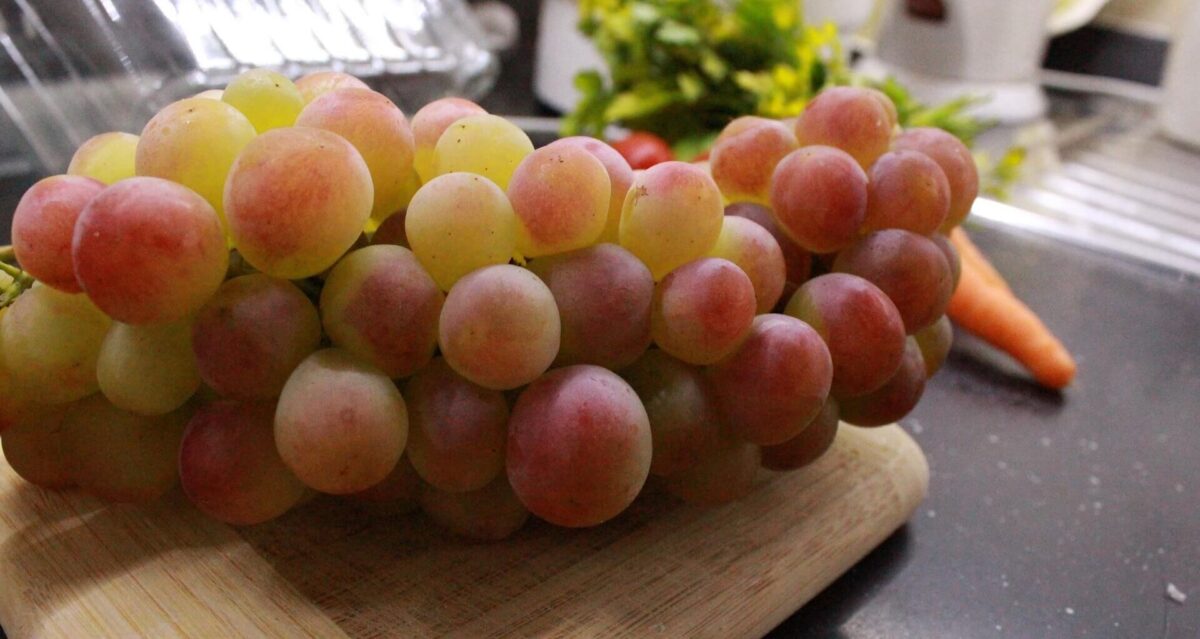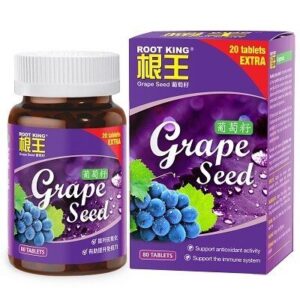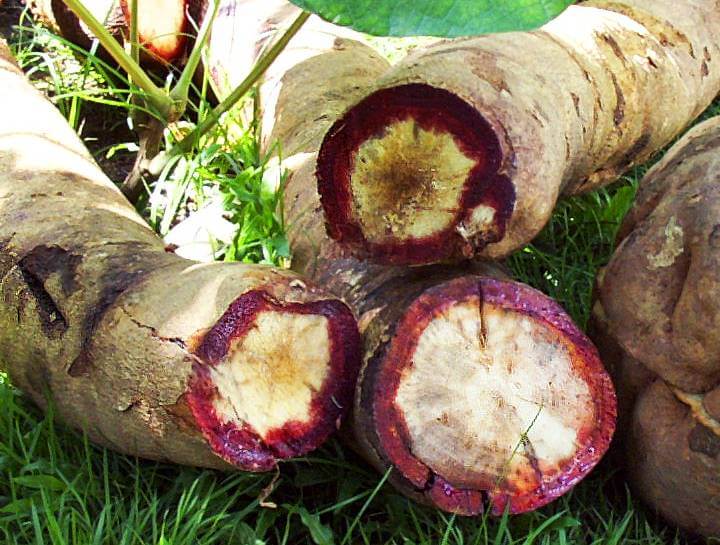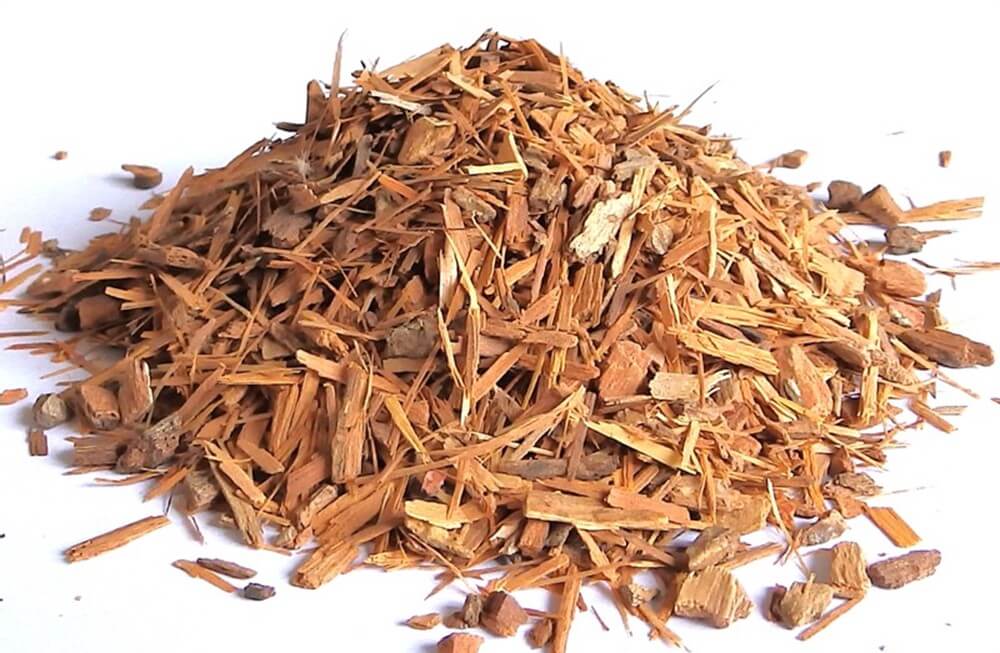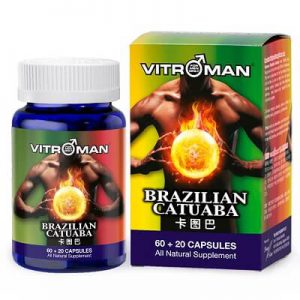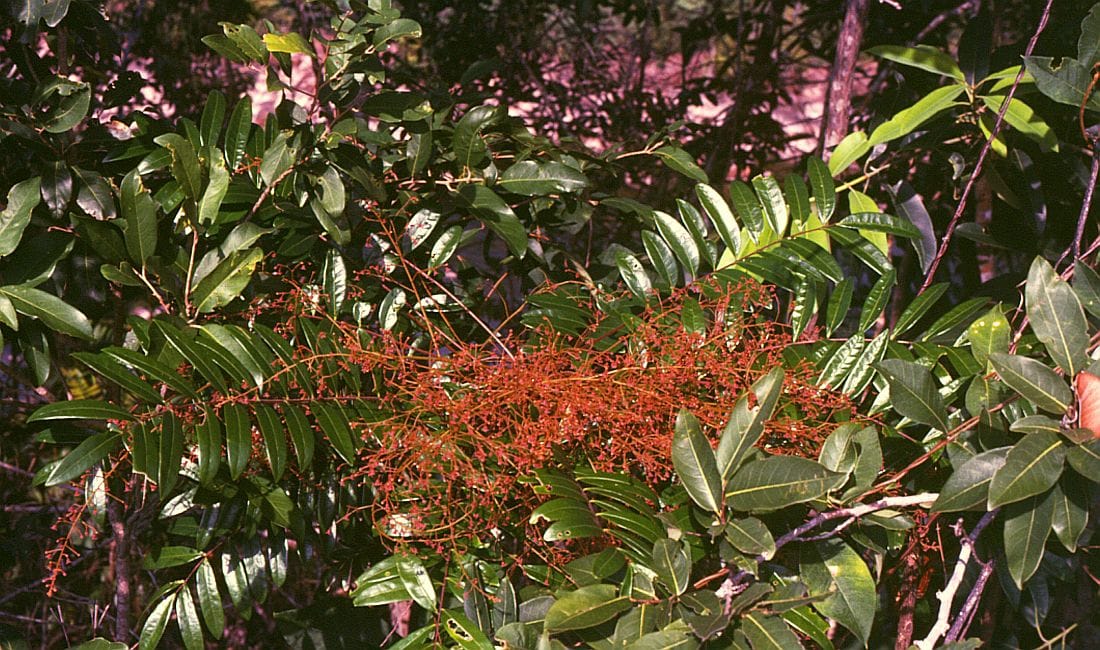Pumpkin seeds have many health benefits and nutrients packed into their small shape. They help boost immunity and metabolism, reduce weight, uplift mood, and improve sleep. Other benefits of pumpkin seeds include increasing testosterone levels in men, protecting against the progression of cancer and parasites, and eliminating kidney stones. Pumpkin seeds are good for you because they aid in hair growth, improving heart health, treating diabetes, protecting bone health, and faster healing of wounds.
What are Pumpkin Seeds?
Pumpkin seeds, also known as pepita, are the flat, oval-shaped seeds of the pumpkin or squash. They are light green on the inside, but their hull is white in color. They are a seasonal snack, consumed during autumn when most of the squash and pumpkin varieties are fully grown.
Most pumpkin seeds come with their shell or endosperm attached, particularly when they are eaten after being roasted, which is the most common way of consuming them. They can also be shelled, and the inner germ can be eaten as a healthy snack with less work and chewing involved.
Pumpkin Seeds Nutrition Facts
According to the USDA, pumpkin seeds are rich in nutrients like protein and unsaturated fats, namely omega-3 acid. The other nutrients present in pepita include manganese, tryptophan, calcium, potassium, magnesium, copper, phosphorus, zinc, and iron. It also contains smaller amounts of B complex vitamins, vitamin K, and vitamin A. Furthermore, pumpkin seeds have phytosterol, an organic compound that also contributes to their nutritional value.
Health Benefits of Pumpkin Seeds
Let’s take a closer look at the health benefits of pepita below.
1. Heart Health
Phytosterols and omega-3 polyunsaturated fatty acids, present in pumpkin seeds, can lower LDL cholesterol levels. These compounds can also prevent blood clots and atherosclerosis, thereby reducing the risk of heart attacks and strokes.
2. Induce Sleep
If you’re feeling tired or stressed after a long day, you can turn to pumpkin seeds to calm yourself down and get a good night’s sleep. Pumpkin seeds are rich sources of magnesium and tryptophan, both of which have sedative and soothing qualities that stimulate sleep.
A report published in the Fitoterapia Journal that pumpkin seeds are good for relieving the symptoms of an enlarged prostate, primarily due to their high zinc content. They help keep the prostate healthy, which is one of the most common places for men to develop cancer. Also, low levels of zinc can lead to a drop in testosterone levels in men. Pumpkin seeds also ensure high fertility by boosting healthy sperm quality.
4. Hair Growth
Studies reveal that pumpkin seed oil is beneficial for hair growth in men. Low levels of androgen are believed to cause hair loss problems in males. The oil increases androgen levels in men. Thus, a handful of pumpkin seeds every day can prove to be beneficial for hair growth.
5. Anticancer Properties
Pumpkin seeds may help treat various types of cancer including stomach, prostate, lung, and colon cancer. The lignans in pumpkin seed extracts have anti-cancer and antioxidant properties. These seeds are also known to reduce the risk of breast cancer in postmenopausal women.
A population-based case-control study in German postmenopausal women, conducted by Dr. Ravi P Sahu, researchers at the Department of Pharmacology and Toxicology, Boonshoft School of Medicine, Wright State University, Ohio, USA, evaluated the correlation between phytoestrogen-rich foods and dietary lignans with breast cancer risk. The results provided sufficient evidence for the reduced postmenopausal breast cancer risk associated with increased consumption of pumpkin seeds.
6. Control Diabetes
The high magnesium content in pumpkin seeds aids in lowering the blood sugar levels in the body. By increasing insulin production and reducing oxidative stress in the body, they help prevent type 2 diabetes, as per a study published in the journal Advanced Pharmaceutical Bulletin in 2018.
7. Prevent Parasitic Activity
Pumpkin seeds are associated with anti-parasitic activity and have been used traditionally to eliminate tapeworms and other dangerous parasites in the body. For children, who are most susceptible to worms, pepitas provide a delicious snack and a very important defensive line against those worms, which can result in malnutrition, incorrect growth patterns, and even death.
8. Reduce Inflammation
Studies show that pumpkin seeds have anti-inflammatory properties, which is one of the common reasons why people eat this delicious snack. Arthritis pain can be debilitating, so adding good amounts of protein and anti-inflammatory compounds to your diet can help. This will also keep the tissues healthy.
9. Prevent Kidney Stones
Pumpkin seeds help reduce toxins in the body, due to their diuretic and antioxidant properties. They stimulate circulation and increase liver and kidney functions. Uric acid and various other toxins are therefore removed from the body, which means they cannot accumulate into dangerous kidney stones.
10. Good Source of Protein
Pumpkin seeds are a rich source of protein as 30% of pumpkin seed volume is made of it. Having a stable and adequate amount of protein in your diet is essential because proteins are made up of amino acids, which aid in boosting metabolism.
11. Prevent Osteoporosis
Pumpkin seeds are extremely popular due to their effects on osteoporosis. They have high levels of zinc, calcium, copper, and other minerals that are linked to increased bone density. Studies have shown that regular intake of pepitas can reduce bone weakness and the symptoms of osteoporosis.
12. Reduce Blood Pressure
High copper levels in pumpkin seeds increase red blood cell count in the body and improve the oxygenated passage of blood through the vessels. This activity, combined with the low-sodium content, can also improve heart health by reducing blood pressure.
How to Eat Pumpkin Seeds?
There are many ways to eat pumpkin seeds, but the healthiest way is to eat them raw.
- You can also roast or toast the seeds, add them to salads, bread, pesto, and more.
- Some people also add them to rice puddings, soups, and gravies for a crunchy texture.
- You can also sprout them and use them in place of other seeds like butternut squash seeds, acorns, and more.
Note: Before consuming pepitas, make sure they are not stale and have been properly washed and stored.
Word of Caution: Pumpkin seeds are very high in calories, so they can exacerbate obesity. Also, there has been limited evidence that they can cause ejaculation problems in men.

